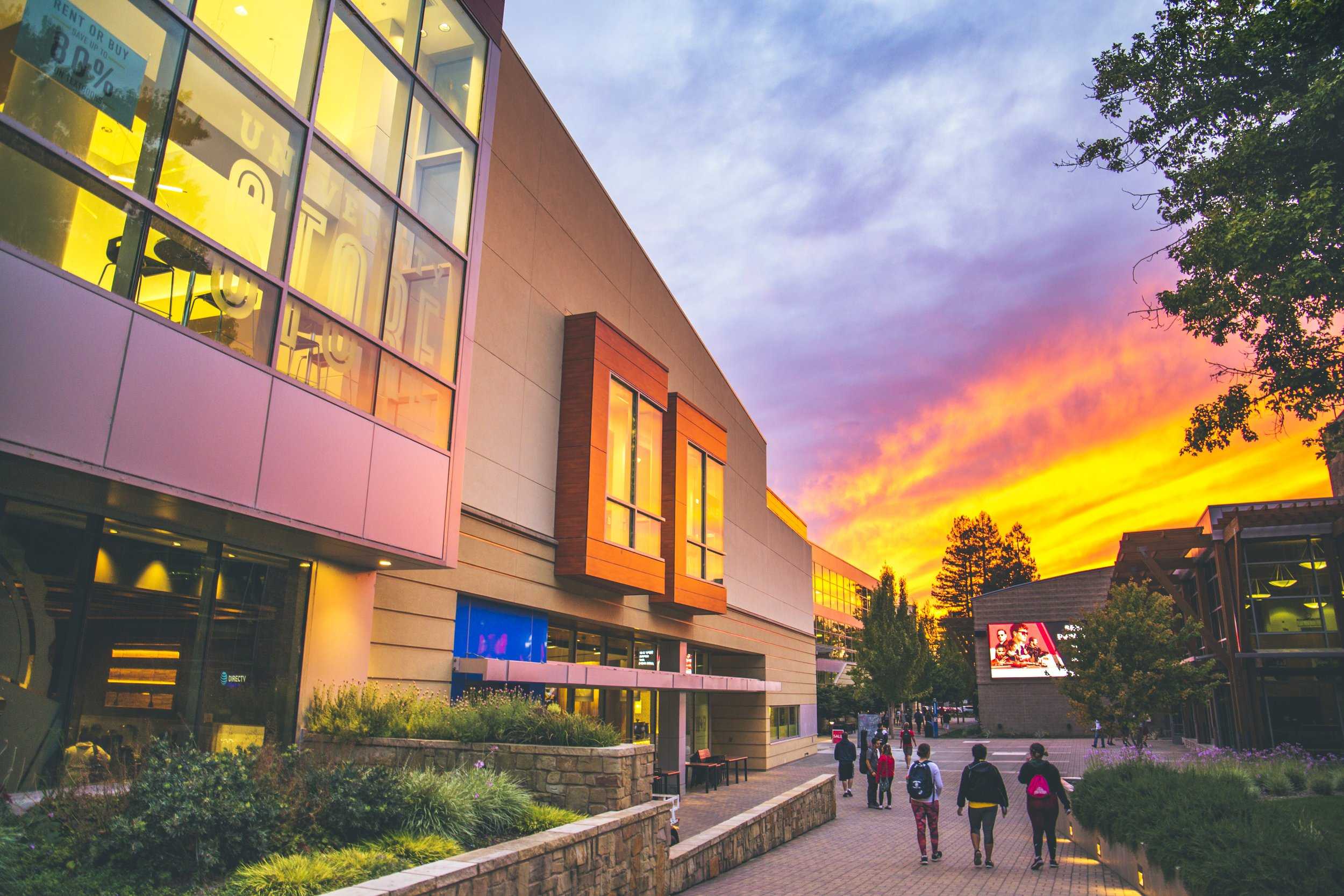Learning to budget and juggle financial responsibilities is no easy feat, especially for young adult college students being faced with the harsh reality of the expensive world we live in. Working on-campus is a great opportunity for students, complete with easy access as they are often able to walk from their dorm or directly from class to start their shift. However, students quickly learn that they are faced with financial difficulties when they don’t receive bi-weekly paychecks like many other nearby workplaces.
Sonoma State University, along with all other California State Universities, pay many of their student employees once monthly, and for many, this is not frequent enough. According to the Labor Commissioner’s Office, part of California’s Department of Industrial Relations, this once-a-month payment system is not uncommon for state employees.
As stated on the California State University Student Employment page, “CSU policy permits students covered under the FIC exemption to work in a part-time capacity, up to, but normally not in excess of 20 hours per week during periods when classes are in session and 40 hours per week during recess periods.”
At Sonoma State University, hourly, intermittent, and student employees can expect to be paid once a month on the 15th. For many SSU students who find themselves taking jobs on-campus, this once-a-month paycheck is viewed as quite a frustrating obstacle.
Alma Gonzalez, a third-year Art Studio major, is currently working on campus as a Learning Community Mentor for the SSU’s Learning and Academic Resource Center. Gonzalez expressed that getting paid only once a month can be quite stressful when it comes to trying to keep up with bills and budgeting.
“I am not a fan of getting paid once a month. Given that I am a full-time student and work part-time, getting paid once a month is pretty impractical. There are several payments I have to make every month so getting paid twice a month would help a lot, especially considering I get paid on the 15th of every month so not even at the beginning,” said Gonzalez, “Although my paychecks would be smaller if I got paid every two weeks, it would help pace myself when I have to spend money.”
Many SSU students seem to share this sentiment that they would rather receive two smaller paychecks in a month than just a single paycheck at the end of the month. Ryan Harris, a 20-year-old Sociology major, used to work on campus at the Recreation Center. Harris explained that part of the reasoning behind his decision to stop working on campus and look for employment elsewhere was because of the once-per-month payments.
“I got a decent amount of hours so that wasn’t so much of an issue – but when we add utilities, car insurance, food and groceries, and a little money for hanging out with friends, being paid once a month made it harder to ration and budget. When I get paid every other week, at least I have a little bit more consistency,” said Harris.
With the campus still not fully operational, there are fewer job opportunities available on campus for students. Despite the large gaps between paychecks, on-campus positions are often the only jobs that accommodate students’ class schedules. Other students who work on campus also find themselves having to pick up second jobs in order to make ends meet.
Sean Kenneally, a fourth-year double majoring in Communications and Media Studies and Geography, Environment, and Planning (GEP), has been working on campus at SSU’s Welcome Center since his freshman year. Kenneally specifically spoke on the underlying issues of working on campus, citing that it has a lot to do with where everyone’s financial situation originates. “For some, [getting paid] once a month can’t pay bills or buy groceries. They can’t get an on-campus job because it won’t cut it, yet it is the only option. For others, like me, your part-time job is your part-time job: beer money and utilities. Each summer up here I’ve worked other jobs to front-load me for rent and help my folks out,” Kenneally explained.
Kenneally also went on to express that he thinks there are two larger issues to be looked at. The first is the overall lack of hours that students, who are already being paid minimum wage, are allowed to work in a week, and the second is a lack of resources for students to become more educated on budgeting and overall financial literacy.
Drew Davis, a fourth-year Psychology major, works on campus for SSU’s Associated Students, one of the only on-campus organizations that pays their student employees twice a month.
“I can’t imagine being paid only once a month. I already struggle sometimes with getting paid twice a month. Even with living on campus, finances always come up, whether that be groceries, gas, or medical expenses, it’s reassuring to know I have a consistent paycheck every two weeks,” said Davis.
Following high school graduation, students are excited for the transition to college life as the first step of individual responsibility. However, when students are faced with these once-monthly paychecks, financial difficulties start to fall in the balance of this already stressful transition to adulthood. While the college experience is stressful in itself, it becomes abundantly clear that many students working for SSU would much rather find their paychecks being direct-deposited into their accounts on a bi-weekly basis as opposed to monthly.
COURTESY// admissions.sonoma.edu





![[Both photos courtesy of sonoma.edu]
Ming-Ting Mike Lee stepped in as the new SSU president following Sakakis resignation in July 2022](https://sonomastatestar.com/wp-content/uploads/2024/04/CC4520AB-22A7-41B2-9F6F-2A2D5F76A28C-1200x1200.jpeg)


























